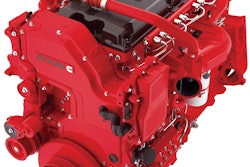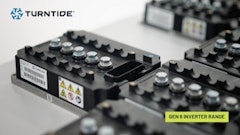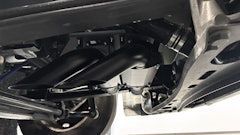With a biological version of a premium antiknock agent in its portfolio (methyl tert-butyl ether, or MTBE), Evonik now offers oil companies a new option for significantly increasing the biocontent of their fuels and reducing their carbon footprint. “Bio-MTBE is the only commercially available, next-generation biofuel component for gasoline in Germany,” explains Dr. Rainer Fretzen, who heads the Performance Intermediates Business Line at Evonik. “And it doesn’t compete with food production, either.” Bio-MTBE is produced in Marl (Germany) along with conventional MTBE.
Evonik produces Bio-MTBE from isobutene and biomethanol. Because it is made from raw glycerine, which is itself a co-product of the biodiesel manufacturing process, biomethanol is classified as a waste product according to the EU Renewable Energy Directive (RED)—doubling its value for determining bioenergy content. That makes Bio-MTBE a promising option for fuel manufacturers looking to meet EU specifications for biofuel use and CO2 reduction.
MTBE has been a trusted antiknock agent for decades, and Bio-MTBE possesses the same technical advantages as its conventional counterpart: high energy density (86% of gasoline), low vapor pressure, low oxygen content and very low solubility in water. That translates to excellent compatibility with other gasoline components and to its well-known positive effect on gasoline quality. It also means that Bio-MTBE can be handled safely in refineries and storage tanks and be conveyed by pipeline.
While Evonik has primarily sold Bio-MTBE in Germany and the Netherlands, implementation of EU directives in other member states promises additional growth potential for this next-generation biofuel component. If needed, Evonik could shift the full capacity of its plant (550,000 metric tons per year) over to production of Bio-MTBE.



















